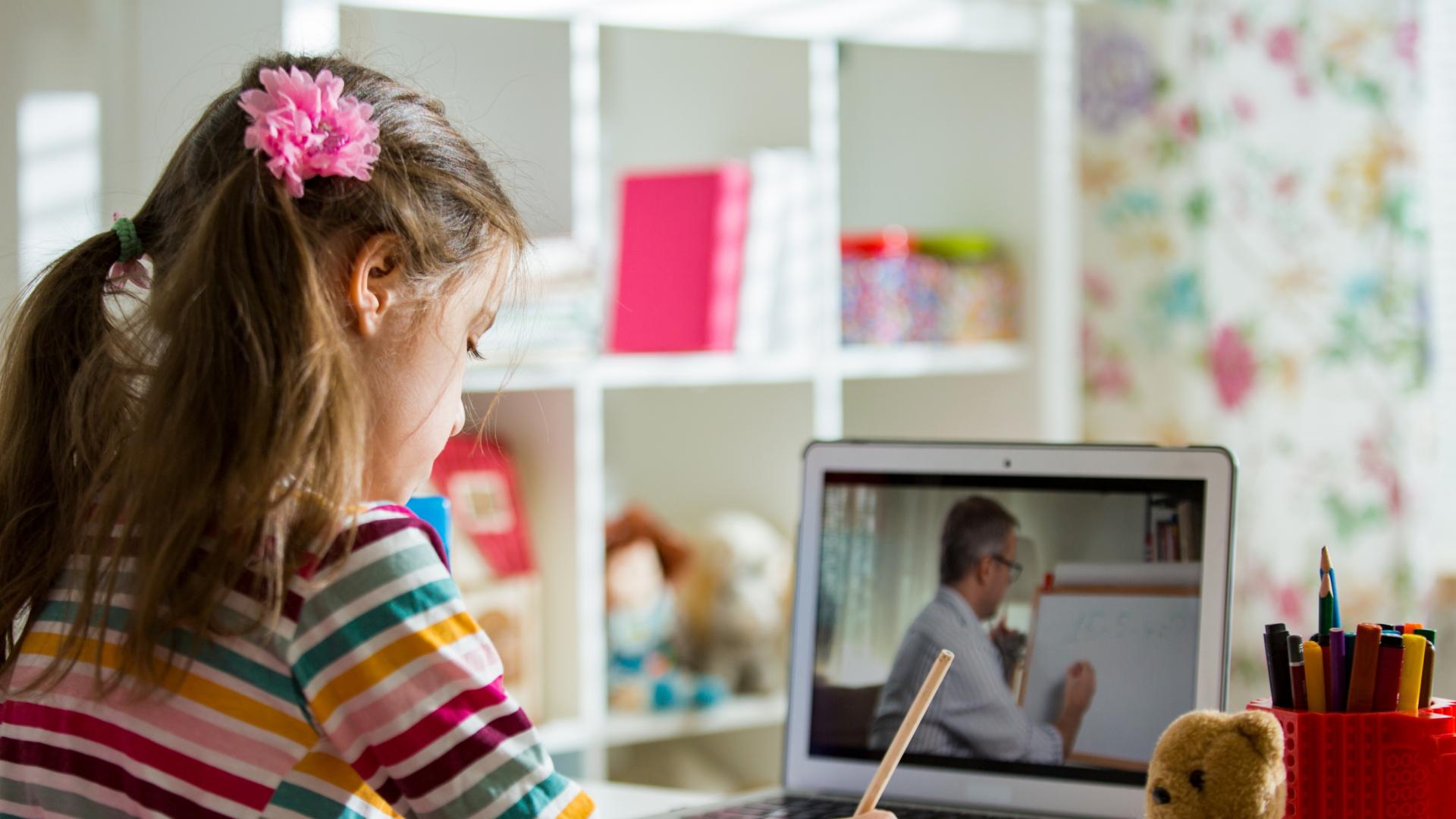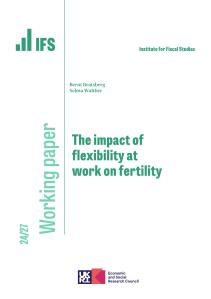
How much time have children spent learning from home? Are mothers and fathers sharing the responsibility equally?
Listen now: Apple Podcasts | Spotify | YouTube | Acast | Google Podcasts | Stitcher | RSS
The coronavirus crisis has caused drastic changes to most parents’ work lives and other responsibilities. Millions of adults have lost or are forecast to lose their jobs permanently; many more have stopped work temporarily. Others are newly working from home, while many key workers are experiencing additional pressures and risks in their work.
For most parents, school and childcare closures have meant that children are at home, and requiring care, for at least an extra six hours a day.
How much time have children spent learning from home? Are mothers and fathers sharing the responsibility equally? How is this affecting families' use of time? In this episode of IFS Zooms In, we speak to IFS Senior Research Economists Alison Andrew and Christine Farquharson, and ask who is looking after the kids?
Host

Director
Paul has been the Director of the IFS since 2011. He is also currently visiting professor in the Department of Economics at University College London.
Participants

Research Fellow
Alison is a Senior Research Economist of our Institute with research interests in the economics of gender, marriage and education.

Associate Director
Christine's research examines inequalities in children's education and health, especially in the early education and childcare sector.
Podcast details
- Publisher
- IFS
More from IFS
Understand this issue

Election Special: Is there a 'conspiracy of silence' between both parties?
6 June 2024

What does the Conservative's higher education announcement this week mean for apprenticeships and 'low-value' university courses?
1 June 2024

What is the two-child limit in benefits?
27 June 2024
Policy analysis

Free breakfast clubs in schools: what Labour’s plans would mean for pupils and families
25 June 2024

The uncertain course for school and college funding over the next parliament
19 June 2024

How should we interpret parties’ public spending pledges this election?
23 June 2024
Academic research

The intergenerational elasticity of earnings: Exploring the mechanisms
3 June 2024

Targeting men, women or both to reduce child marriage
28 May 2024

The impact of flexibility at work on fertility
11 June 2024